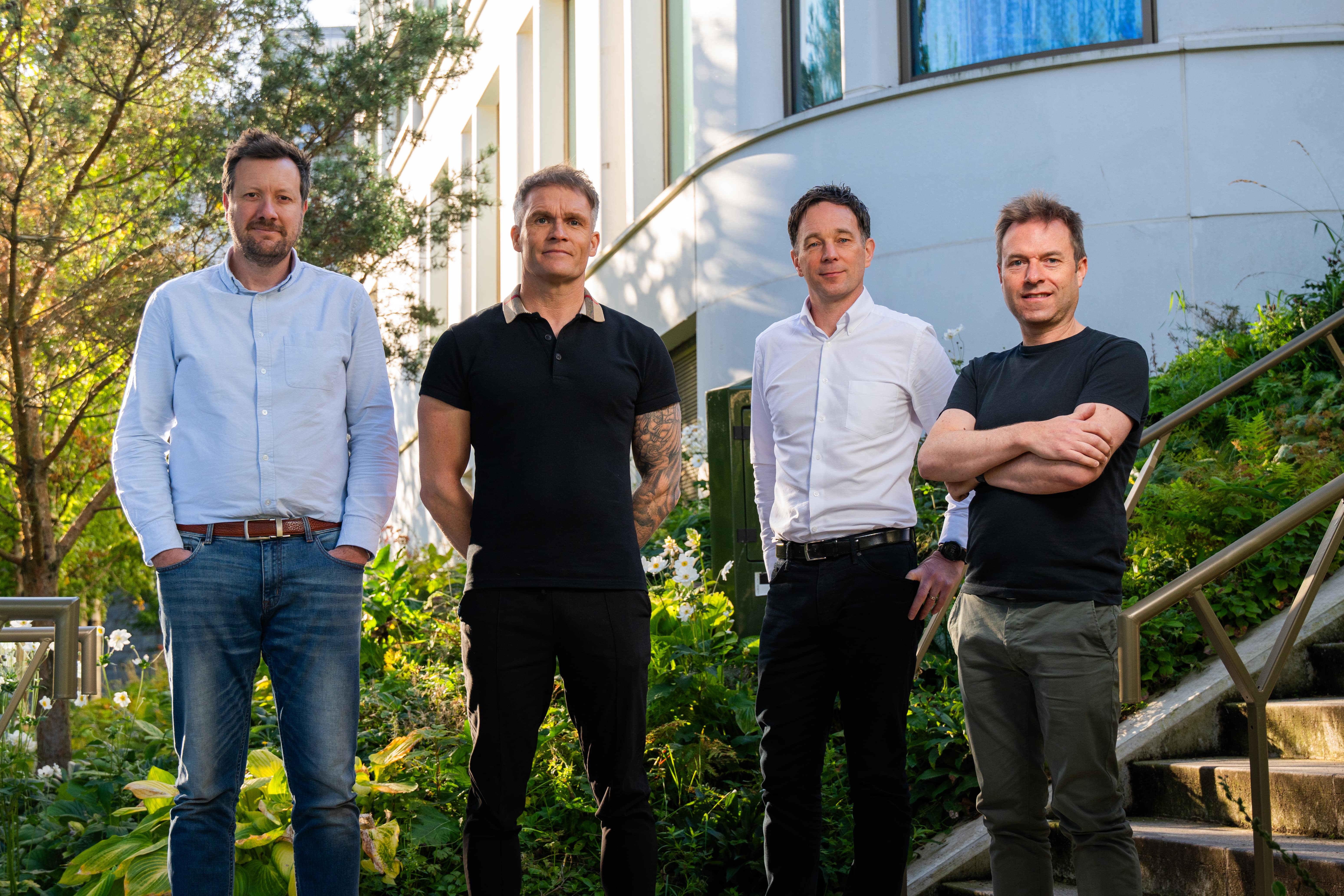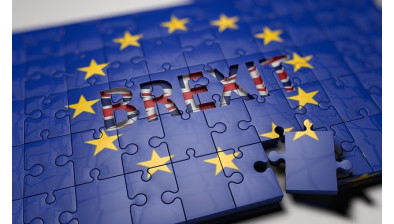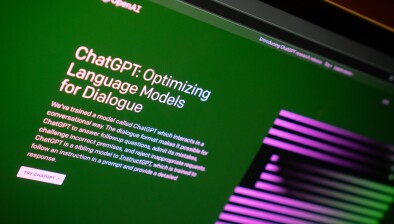Aberdeen AI breakthrough could unlock billions in tax revenue from North Sea decommissioning

Artificial intelligence developers have made a breakthrough which could save taxpayers and industry billions of pounds through more efficient removal of oil and gas infrastructure.
Developers at Rahd AI have transformed data from over 15,000 wells into a platform which will drive down costs and increase tax receipts.
The technology firm is now working with six of the world’s biggest energy companies – including Equinor and TotalEnergies – on a rapid implementation programme which could cut up to 35% from the UK’s decommissioning bill, one of the most expensive problems facing the Labour government.
Rahd AI is a portfolio company of Ventex, the Aberdeen-based climate tech venture studio led by Steve Gray and Stuart McLeod, who both have a track record of success in building global businesses.
The business is led by energy tech specialist Jake Stride, a former Global Energy Technology Lead at Microsoft and current board member of Subsea Energy Australia.
The platform is built on validated data from 15,000 wells throughout the world, drawn from environmental statements, field plans and environmental agency and government data.
It is the biggest dataset of its kind ever compiled and maps key characteristics of fields, basins, wells, infrastructure and rigs.
The data is cleaned, curated and structured by Rahd AI’s proprietary data management system before going into a large language model capable of informing comprehensive decommissioning plans for oil and gas fields globally.
Jake Stride, CEO of Rahd AI, said: “This is game-changing technology. We expect that Rahd AI will become the industry benchmark for decommissioning.
“Operators and governments are collaborating to contribute insights and recommendations to the platform, which is then anonymised and securely shared. By working together to create these insights, we can provide pathways to lower decommissioning costs across our vast data repository.”
A pilot run alongside industry and government in Australia has demonstrated how a 10% saving can be achieved using Rahd AI’s technology.
This is being validated by a rapid implementation programme being run by the UK’s Net Zero Technology Centre and six energy majors; Equinor, Harbour Energy, TotalEnergies, Repsol, Petrobras and ConocoPhillips.
The UK government has set a target of reducing decommissioning costs by 10% by 2026 and 35% by 2035.
With further support from government and industry, Rahd AI believes it can achieve the 35% saving by 2027, eight years ahead of the UK Government’s target, potentially delivering several billion pounds of additional revenue to the taxpayer and industry.
The UK’s North Sea Transition Authority (NSTA) has estimated the total cost of decommissioning the UK Continental Shelf (UKCS) at around £40 billion to £46bn by 2050. Given the deduction of decommissioning costs in calculating taxable profits, the taxpayer benefits from any saving on these costs through higher tax receipts.
The National Audit Office estimates tax receipts to be reduced by £24bn over the lifetime of decommissioning due to reliefs. If Rahd AI can deliver a pathway to a saving of 35%, that would increase tax receipts to the UK Treasury by over £8bn, and save energy companies a further £2bn.
Steve Gray, Managing Partner at Ventex Studio said: “A Rahd AI driven decommissioning plan will be capable of scheduling, pricing, integrating and derisking dependencies in each service and technology.
“It will also provide a level of insight that was impossible until the unique combination of the proprietary Rahd AI data management system, a secure private trained large language model and easy-to-use user experience.”
Stuart McLeod, Managing Partner at Ventex Studio, said: “With collaboration from energy companies and financial support from government agencies both in the UK and Australia, Rahd AI is rapidly expanding the platform.
“The more data Rahd AI can access, the more efficient the platform becomes at planning decommissioning work for its customers. By sharing data and increasing collaboration, energy operators and governments can reduce their decommissioning liabilities.”










